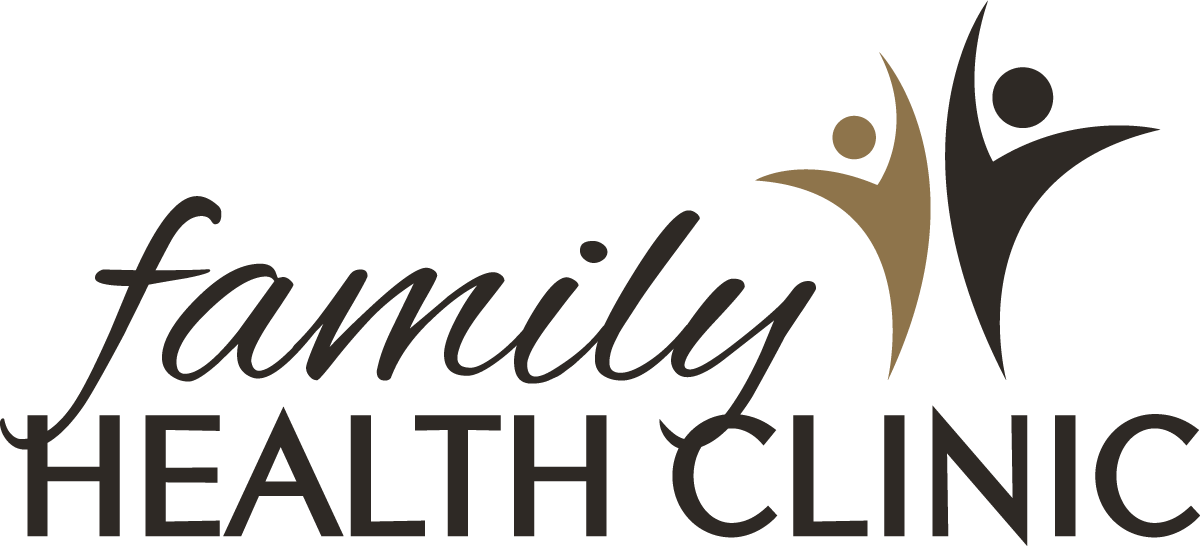In light of the recent community tragedy, the Family Health Clinic’s Behavioral Health Therapists have gathered and summarized information about how to help children, teens, and adults heal after a tragedy.
Talking to Children After a Tragedy
The Mayo Health Clinic lists several ways to best talk to your children about tragedy. Our Behavioral Health Therapists have put it into helpful ‘Do’s’ and ‘Don’ts’.
Do: Choose a time that your child is most likely to want to talk, such as before dinner, in the car, or at bedtime.
Do: Ask your child what they already know and what questions they have.
Do: Tell the truth
Don’t: Speculate on what might happen.
Don’t: Share unnecessary details.
Do: Listen closely to your child for misconceptions and underlying fear and anxiety.
Do: Remind your child you are there for him or her.
Do: Reassure your child what happened is not their fault.
Don’t: Dwell on the scale or scope of the tragedy.
Suggestions for Children, Teens, and Adults Who Have Suffered a Loss Through Tragedy
 Within the same Mayo Clinic article, our Behavioral Health Therapists also found several helpful suggestions for any person who is suffering from a loss because of murder. These suggestions are summarized below.
Within the same Mayo Clinic article, our Behavioral Health Therapists also found several helpful suggestions for any person who is suffering from a loss because of murder. These suggestions are summarized below.
- Reassure your child of his or her safety. Point out factors that ensure your child’s immediate safety and the safety of the community.
- Limit media exposure. Don’t allow young children to repeatedly see or hear coverage of a tragedy.
- Maintain the routine. To give your child a sense of normalcy, keep up your family’s usual dinner, homework and bedtime routine.
- Spend extra time together.
- Encourage the expression of feelings. Explain that it’s OK to be upset or cry. Let your child write about or draw what he or she is feeling. Physical activity might serve as an outlet for feelings or frustration.
- Seek out school resources. If your child’s school offers counseling after a tragedy, take advantage of the opportunity to meet with a counselor.
- Do something for those affected by the tragedy. Consider ways that you and your child can help victims and their families. You might take your child to your place of worship or write thank-you notes to first responders.
- Share your anxiety with others in your family. Be open and communicate.
Healthy Ways to Cope after Tragedy Strikes
The following information comes from GriefSpeaks.com.
“Remember that feelings can be quite intense after a murder. The feelings of shock, disbelief and numbness may mix with anger, guilt and panic. Find helpful ways to cope such as:
- Writing in a journal
- Calling someone
- Walking the dog
- Exercising
- Crying
- Screaming into a pillow
- Taking a nap
- Breathing
- Yoga
- Throwing bean bags
- Listening to music
- Creating art
- Writing a letter to your loved one telling them all of your feelings
- Writing about your anger at the murderer
- Writing about your sadness about not having him or her in your life anymore
- Put your letter in the casket or tie it to a helium balloon and let it go
- Reading a book about coping with the trauma of murder.”
When Should You Be Concerned?
Behavior changes following a tragedy are normal. However, when someone’s coping skills become overwhelmed they are at a higher risk to develop anxiety disorders such as generalized anxiety disorder, panic attacks, and acute and post-traumatic stress disorders.
The following reactions may require intensive clinical treatment if they do not subside over the next 30 days:
intrusive thoughts of the event, flashbacks, sleep disturbances, nightmares, night terrors, changes in appetite, increased irritability.
If you have any questions, please feel free to call our Behavioral Therapists at (800) 321-5043.
To download a printable version of this page, click here.




